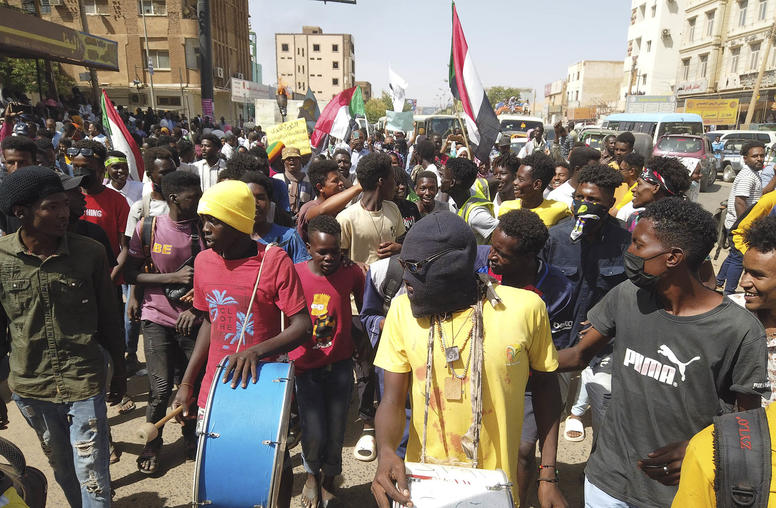 Guinea
Guinea
Featured Publications

Amid International Silence, Guinea’s Coup Regime Imperils Transition
Over the past three years, the Sahel and West Africa have seen an alarming number of military coups. With the region’s stability and security hanging in the balance, the international community has promoted peaceful democratic transitions (and found early success in Gabon). Meanwhile, coup regimes in countries like Burkina Faso, Mali and Niger — which recently formed the Alliance of Sahel States (AES) — have sought closer cooperation with China and Russia, prompting concern and dismay from supporters of democracy. Often lost in all this tumult is Guinea, which saw its own coup d’état in September 2021. Unlike some of its counterparts, the Guinean military has managed to avoid the attention, engagement or scrutiny of the West as it continues to entrench itself in power.

Countering Coups: How to Reverse Military Rule Across the Sahel
Three years of coups around Africa’s Sahel region — eight of them in six nations, from Guinea on the Atlantic to Sudan on the Red Sea — leave many African and other policymakers frustrated over how to respond. The Sahel’s crises have uprooted more than 4 million people and could add millions more to our record levels of global human migration as Africa’s population grows and its climate destabilizes. Yet the pattern of coups and other evidence — notably from USIP’s Sahel fieldwork, counter-coup research and bipartisan analysis teams — offer guidelines for effective responses by African, U.S. and international policymakers.

A Coup in Niger: What It Means for Africa, U.S. and Partners
This morning’s coup d’etat in Niger only deepens the pattern of instability across Africa’s Sahel and damages what has been a rare process of fairly steady democracy building in the region. Niger’s democratically elected government has been a valued partner for African and international efforts to stabilize the Sahel against its web of insurgencies, extremist movements and military coups. Kamissa Camara, a former foreign minister of Niger’s neighbor, Mali, now an analyst on the region with USIP, says the coup underlines lessons already evident about how to improve international efforts to build democracy and peace.
Current Projects

Why All the Coups?
Ahead of the Biden administration’s Summit for Democracy, the U.S. Institute of Peace is convening a multi-part conversation about the dynamics driving four of the seven coups and coup attempts since the onset of the pandemic.


Fragility and Conflict
The Global Fragility Act (GFA) is an ambitious law that makes preventing conflicts and promoting stability in countries prone to conflict a U.S. foreign policy priority. Following years of efforts that overemphasized military operations in response to extremist violence and insurgencies, the GFA requires a long-term investment to address the underlying drivers of conflict. The Biden administration has released a new strategy to implement the GFA with 10-year commitments of assistance to a group of fragile states. The GFA and the new strategy rely, in part, on recommendations made by the USIP-convened Task Force on Extremism in Fragile States.